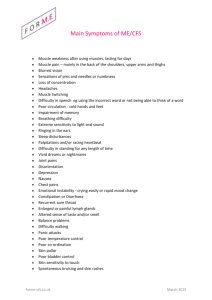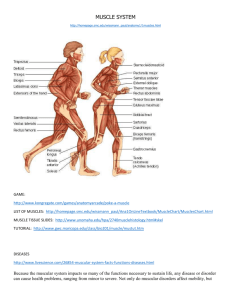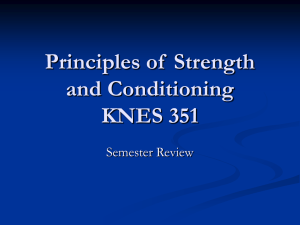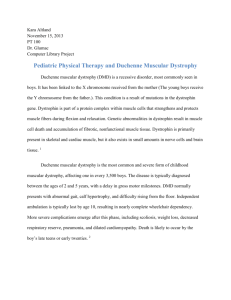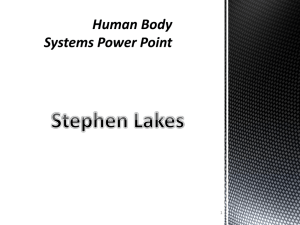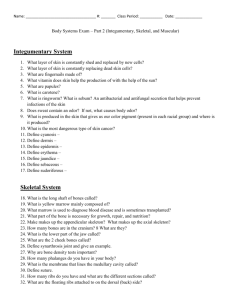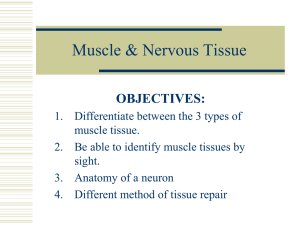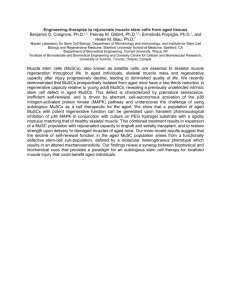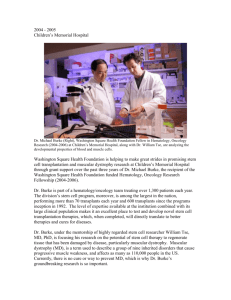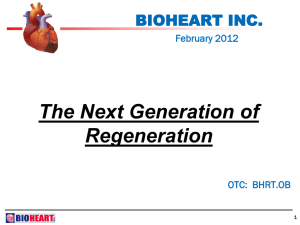final1-241440-endostem-publishable-summary
advertisement
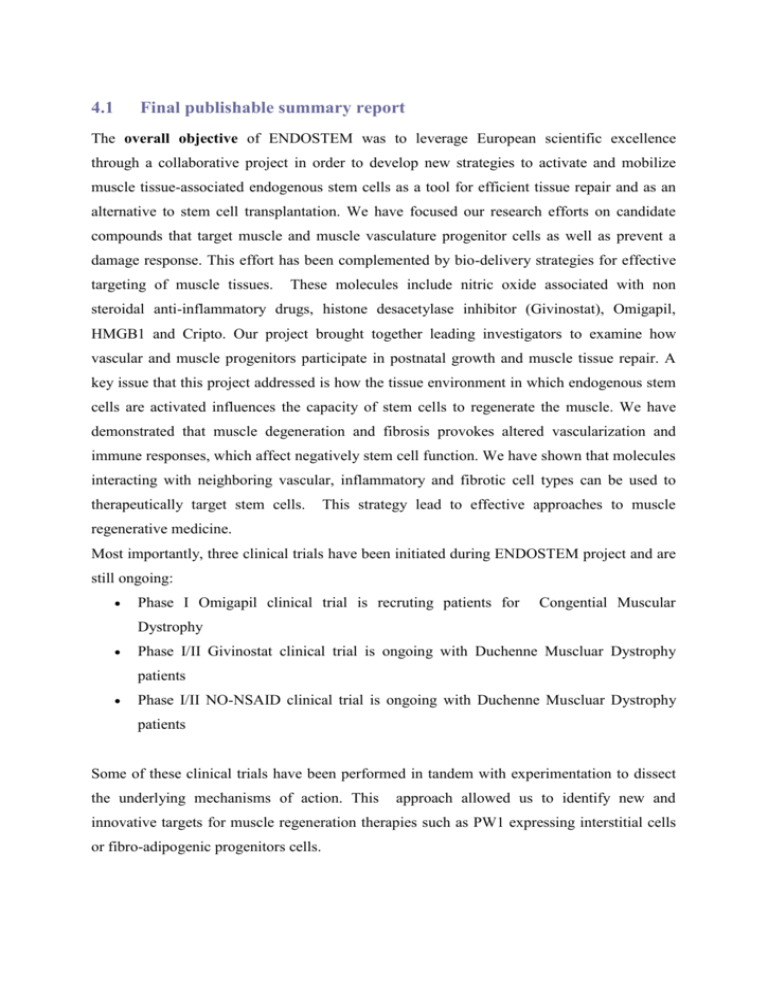
4.1 Final publishable summary report The overall objective of ENDOSTEM was to leverage European scientific excellence through a collaborative project in order to develop new strategies to activate and mobilize muscle tissue-associated endogenous stem cells as a tool for efficient tissue repair and as an alternative to stem cell transplantation. We have focused our research efforts on candidate compounds that target muscle and muscle vasculature progenitor cells as well as prevent a damage response. This effort has been complemented by bio-delivery strategies for effective targeting of muscle tissues. These molecules include nitric oxide associated with non steroidal anti-inflammatory drugs, histone desacetylase inhibitor (Givinostat), Omigapil, HMGB1 and Cripto. Our project brought together leading investigators to examine how vascular and muscle progenitors participate in postnatal growth and muscle tissue repair. A key issue that this project addressed is how the tissue environment in which endogenous stem cells are activated influences the capacity of stem cells to regenerate the muscle. We have demonstrated that muscle degeneration and fibrosis provokes altered vascularization and immune responses, which affect negatively stem cell function. We have shown that molecules interacting with neighboring vascular, inflammatory and fibrotic cell types can be used to therapeutically target stem cells. This strategy lead to effective approaches to muscle regenerative medicine. Most importantly, three clinical trials have been initiated during ENDOSTEM project and are still ongoing: Phase I Omigapil clinical trial is recruting patients for Congential Muscular Dystrophy Phase I/II Givinostat clinical trial is ongoing with Duchenne Muscluar Dystrophy patients Phase I/II NO-NSAID clinical trial is ongoing with Duchenne Muscluar Dystrophy patients Some of these clinical trials have been performed in tandem with experimentation to dissect the underlying mechanisms of action. This approach allowed us to identify new and innovative targets for muscle regeneration therapies such as PW1 expressing interstitial cells or fibro-adipogenic progenitors cells.
